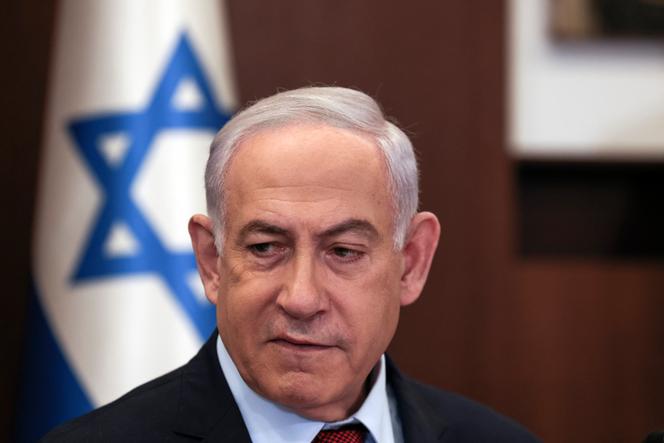


Benjamin Netanyahu began his impressive career by claiming to be his older brother Jonathan, killed in 1976 during a daring hostage rescue operation at Uganda's Entebbe airport.
It was in the name of a "war on terror," ruthless by definition, that the ambitious Likud activist was promoted, in 1982, to second-in-charge of the Israeli embassy in Washington, then, two years later, to Israeli ambassador to the United Nations in New York. Yet he did not hesitate to criticize his own government when, in 1985, then-prime minister Yitzhak Shamir agreed to release 1,150 Palestinian detainees in exchange for three Israeli soldiers, held by a tiny group loyal to the Assad regime and in open battle with the Palestine Liberation Organization (PLO).
Shamir rightly considered that such an exchange weakened the PLO and its leader, Yasser Arafat, but he underestimated the ties consequently forged between the Syrian dictatorship and the Palestinian Islamists, whose leader, Sheikh Ahmed Yassin, was subsequently released.
In May 1996, Netanyahu was the surprise winner of the first direct election of an Israeli prime minister, over the Labor Party's Shimon Peres, who had succeeded Yitzhak Rabin, assassinated six months earlier.
The Likud leader campaigned against the peace process launched in September 1993 by Rabin and Arafat, a process that Sheikh Yassin fought with the same virulence at the head of Hamas, the "Islamic resistance movement," whose first suicide attack coincided with the signing of the Israeli-Palestinian peace agreements.
The terrorist massacres perpetrated by Hamas during the electoral campaign naturally played into Netanyahu's hands and, after more carnage in July 1997, he vowed to hit Hamas at its heart. With Yassin once again imprisoned, the Israeli PM sent a Mossad commando, carrying Canadian passports, to Amman to assassinate Khaled Mashal, head of the Hamas political bureau. But the commando, after inoculating Mashal with a slow-acting poison, was intercepted by Jordanian security forces.
King Hussein of Jordan was furious at the violation of the peace treaty he had signed three years earlier with Rabin, on behalf of Israel, and at the White House. He demanded that then-US president Bill Clinton, the sponsor of the peace treaty, obtain from Israel not only the antidote to save Mashal, but also the release of dozens of Palestinian prisoners, including Sheikh Yassin. The Israeli PM, after trying to deny Mossad's responsibility, was forced to accept Jordanian conditions in order to secure the return of his commando.
You have 53.02% of this article left to read. The rest is for subscribers only.
